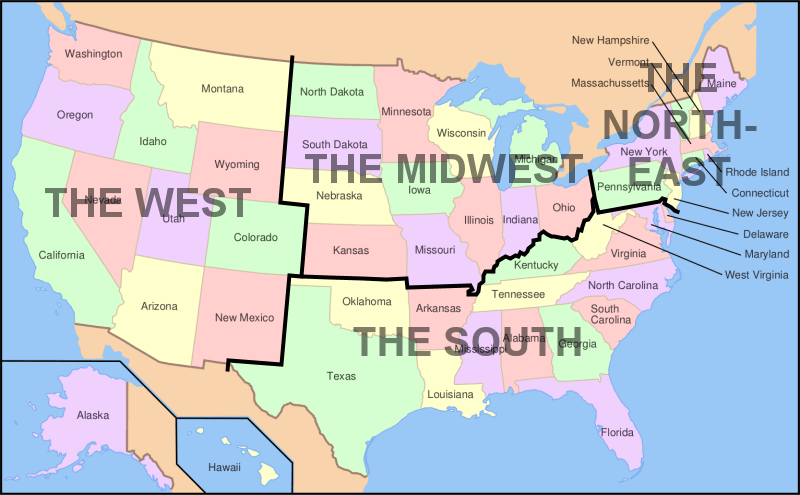Um.. none of those amendments say that... they say these rights shall not be infringed.
The Second uses that language. The Ninth "reserves" unenumerated rights to the people. The Fourth explicitly states the "right" of the people to a whole list of things shall not be violated. The Sixth states the accused "shall enjoy" certain rights. The Seventh does not use the word "right", but refers to a long-standing common law right in accordance with the Framers' familiarity with and reliance on the dominant legal system of the time.
In other words, rights are granted, retained or affirmatively protected in these Amendments (and I'm sure I missed some others).
Which one of those says 'the right to ___ is hereby granted'?
Rights are not given. The Ninth amendment makes this clear. If right were given by the government, then only those rights enumerated or clearly derived would be granted. Amanedment Nine makes it clear that this is not the case. Man is assumed to have natural rights(your opinion ion this subject does not matter. It is not a philosophical discussion. The law is based on this assumption). Man's rights and liberties may not be infringed or restricted except as the law permits.
The law is restricts rights, it does not grant them, just as it grants authority to the central government, it does not restrict it (only those powers granted are are given, as opposed to the state having unlimited authority save for restrictions imposed.
These are very simple matters and crucial to any meaningful understanding of the Constitution, the law, or the nation of the Founding Fathers
You're absolutely right, we are not arguing philoisophy but law. Which is why completely ignoring not only the larger legal context of the time (not philosophical, but LEGAL) and the intervening 200+ years of constitutional interpretation makes your reasoning completely flawed. (See previous post).
You and several others try to derail a broad subject into narrow and trivial minutiae because it's where you live and how you think, in a single snapshot you believe encompasses 500 years of relevant legal history and thought, but it's not the reality of the law.
Now, you have every right to disagree with the last 200+ years of contitutional jurisprudence from any and all points on the spectrum, but to claim it somehow doesn't exist or doesn't count because it wasn't placed in the original document in the exact words you would use is where you fall off the track.


 ! They made their bed, so it was time for them to lay in it!
! They made their bed, so it was time for them to lay in it!





